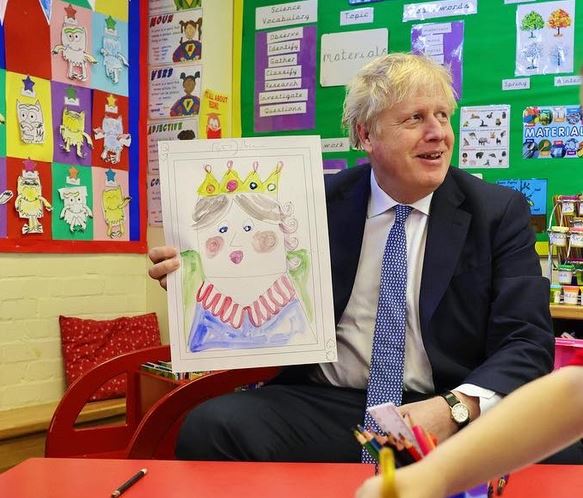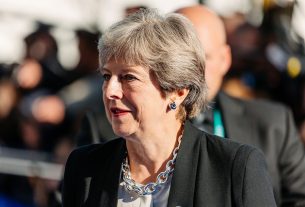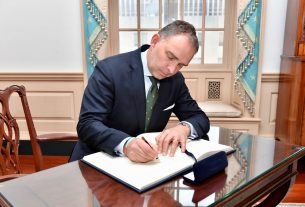Conservative MPs, peers and councillors are blaming Boris Johnson for the party’s “catastrophic” local election results. Simon Bosher, the leader of Portsmouth city council’s Tory group said Johnson needs to “take a good, strong look in the mirror” after the party’s “extremely disappointing” results.
“We have actually lost some very good working community councillors this evening,” said Bosher in the wake of Conservative defeats across England, Wales and Scotland.
Johnson’s Tories are now in their worst position since the prime minister won his 80 seat parliamentary majority in December 2019. The Conservatives would lose their Commons majority if the local election results were replicated in a general election with Tories taking just 30%, Labour 35%, Liberal Democrats 19% and others 16%.
Johnson admitted it had been a “tough night” for his party, which has lost 344 council seats after 186 out of 200 councils have declared. Meanwhile, Labour has won 224, the Lib Dems picked up 157, the SNP took an extra 62, the Greens an extra 82, and Plaid Cymru an extra 7, with more results to come in.
Local election results point to hung parliament
Tory peer and former MP for Croydon Gavin Barwell – who was No 10 chief of staff under Theresa May – called the early results “catastrophic”, referring to Labour taking the “flagship councils” of Wandsworth and Westminster from the Tories.
“We held them during the Blair honeymoon. We held them during austerity. We held them under Theresa May. Losing them should be a wake up call for the Conservative Party,” tweeted Barwell.
He later added: “History teaches us that governing parties that fall to 30% or below are in trouble. It also teaches us opposition parties need 40% or more to be confident of victory – Labour are well short of that. Right now we’re headed for a hung parliament at the next [general] election”.
The BBC’s projected national share of the vote – estimating what the national result would have been if the whole country had voted – puts the Conservatives on 30%; a 6% drop from last year’s projection and 5% down from 2018 when the seats were last contested.
Labour’ projected share is put at 35% – six points higher than last year but still no improvement on what the party achieved under Jeremy Corbyn in 2018.
Whilst only matching 2018’s share, ITV News editor Paul Brand said the projection gives Labour its “biggest lead over the Tories since 2012”.
Conservatives lost around a quarter of all seats they were trying to defend and lost overall control (so far) of 12 councils – including their totemic Wandsworth and Westminster councils in London. Labour also took Barnet from the Conservatives.
While Labour appeared to fare well in the capital, they managed just a 0.5% increase in their London vote. Worryingly for Sir Keir Starmer – who will be investigated over ‘beergate’, police confirmed today – his party saw a 3% fall in vote share in the north of England.
Lib Dems’ best results since 2010
The biggest winners are the Liberal Democrats whose share of the vote increased three points to 19%, compared to 2018. In areas where Sir Ed Davey’s party started off in second place behind the Tories, the Lib Dems averaged an 8% increase. This will be particularly concerning to Conservative MPs in so-called ‘blue wall’ seats which will be under threat by Davey’s resurgent Lib Dems.
The Liberal Democrats have achieved their best electoral results since former leader Nick Clegg took them into coalition with David Cameron’s Conservatives in 2010.
The Green Party are also celebrating electoral success, increasing its share of the vote by 4% in the seats it fought, where it took an average 12%. However, that was still down slightly on its best ever performance, recorded in the 2019 local elections.
Nicola Sturgeon’s SNP have increased their vote in Scotland, while Labour and the Lib Dems also advanced, with the Conservatives slipping into third place behind Labour.
Votes in Northern Ireland are still being counted but Sinn Féin is on course to top the poll meaning the party’s vice-president Michelle O’Neill is set to become first minister – the first time an Irish republican will hold the position.




